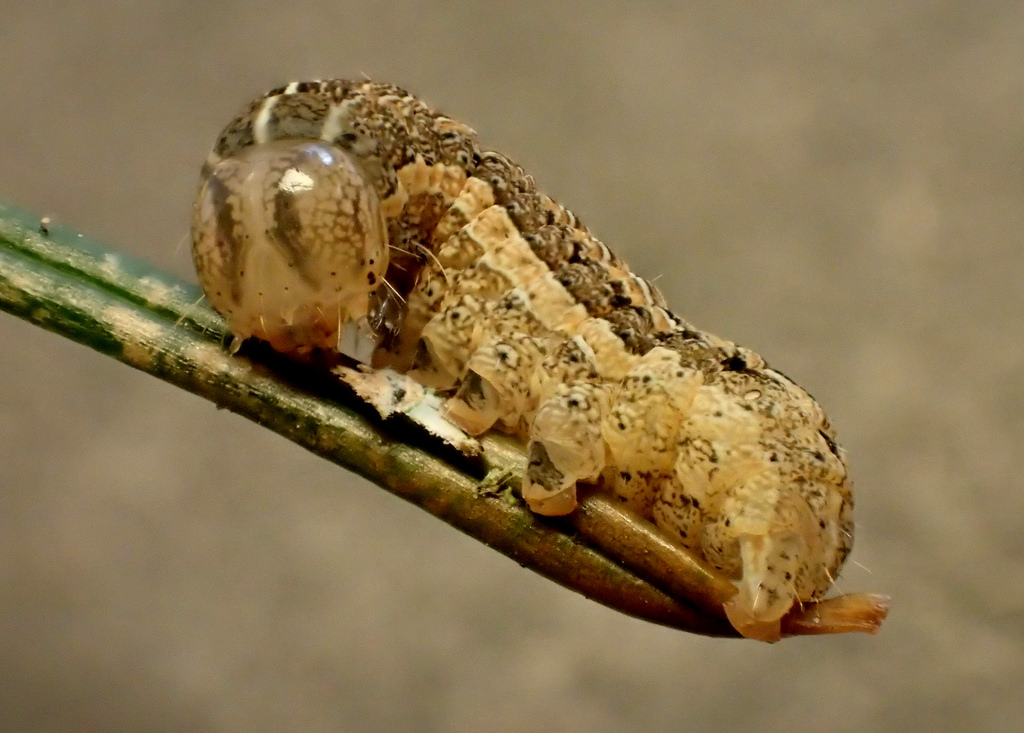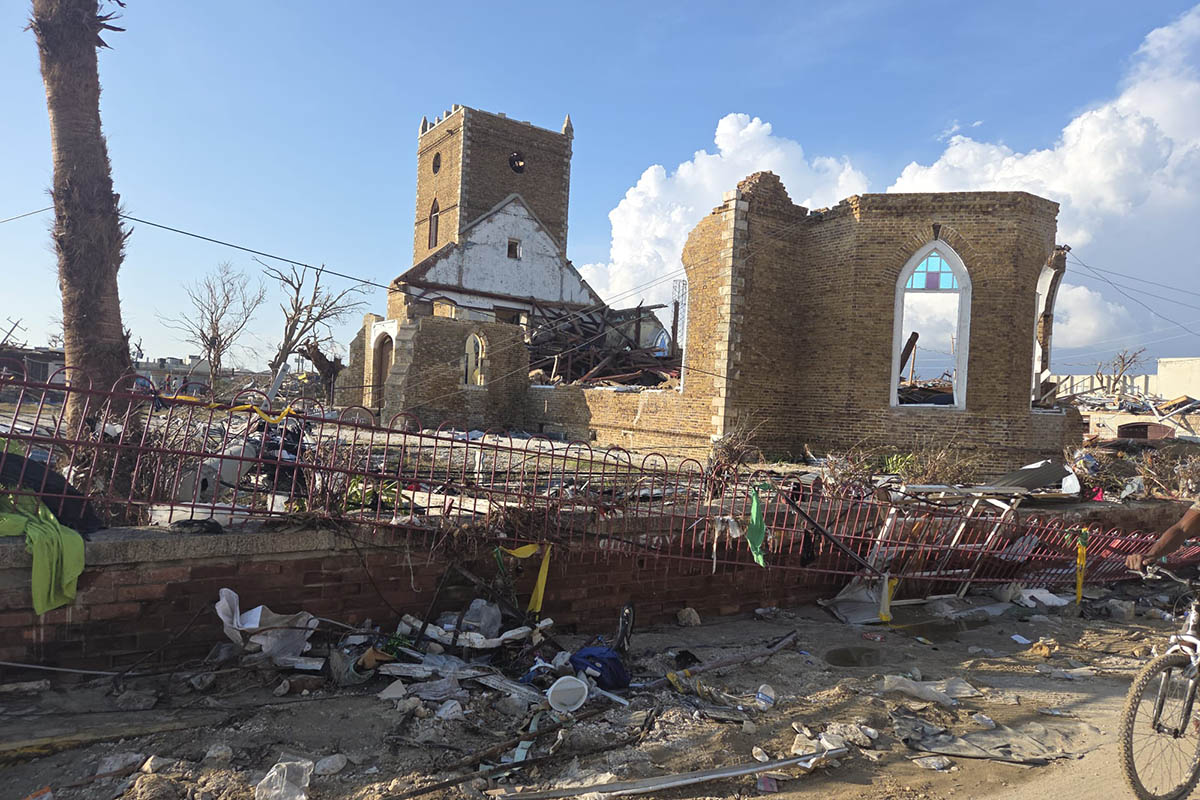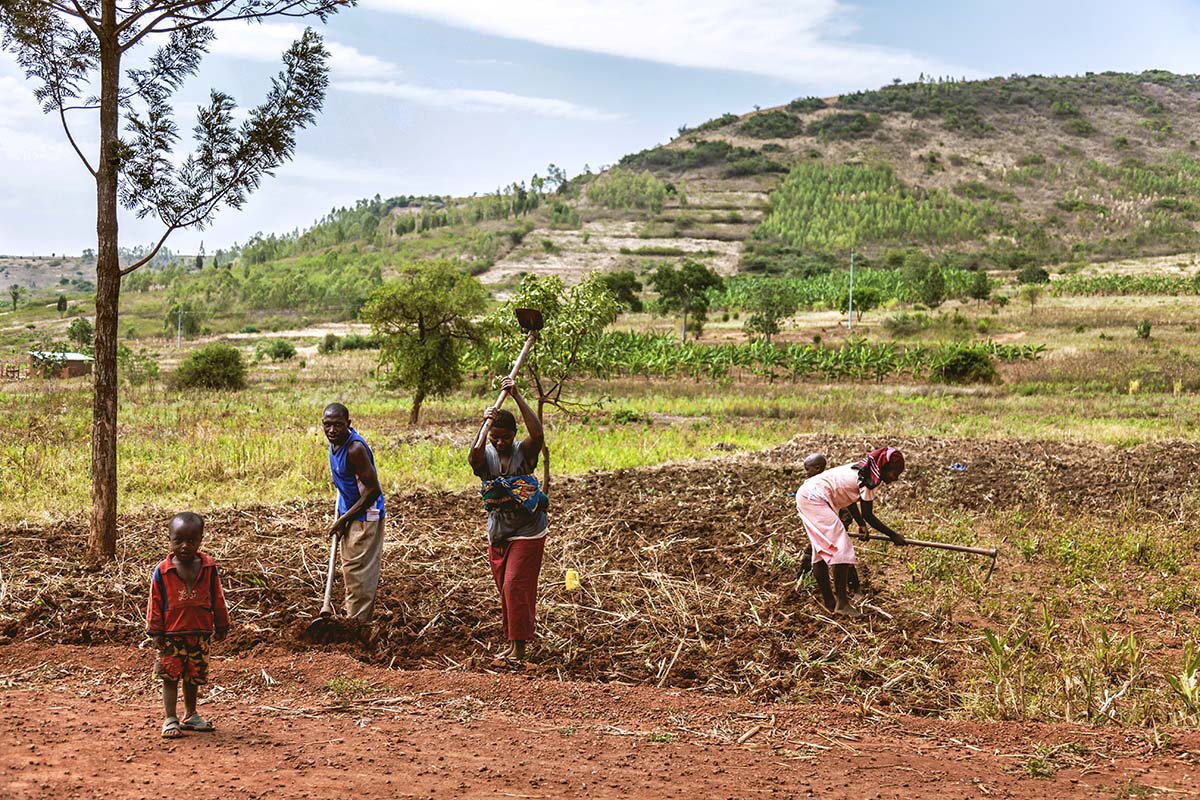“Army worms invade helpless maize crop”
March 21 An invasion threatens food crops and the agricultural economy of Zambia and Zimbabwe, writes McPherlain Chungu, 21, a Correspondent from Zambia now studying in India, who says that food security could be at stake.
An invasion threatens food crops and the agricultural economy of Zambia and Zimbabwe, writes McPherlain Chungu, 21, a Correspondent from Zambia now studying in India, who says that food security could be at stake.
“Uno mwaka tulefwa kunsala!”(This year we will die of hunger) laments Mrs. Chilekwa as she glances at her struggling maize crop, freshly weeded in the blazing midday sun. This doesn’t even begin to capture the frustration and anger on the ground as farmers live through the wake of the army worms invading their fields.
Zimbabwe has been hit the hardest in the region. Zambia used its air force planes to spray pesticides across affected areas, while Malawi is taking precautionary measures just in case.
The caterpillar-like infesting army worms known as Spodoptera frugiperda are an “invasive alien species” not native to the ecosystem of the region. Experts have traced the army worm origins to the Americas. Invasive species have traits that are favoured by the foreign ecosystem, hence the rapid spread. They get their name for their coordinated attacks on green crops and their ability to wipe out large crop fields in few days.
Zambia is being hit the hardest in the provinces of Copperbelt, Central, Eastern and Lusaka. These are among the highest maize producing provinces.
There is a lot at stake. Maize is Zambia’s carbohydrate-rich staple food and it is a crucial export commodity. In 2014 alone, the Zambian Food Reserve Agency exported over 500,000 tons of maize to neighbouring countries. Between 2015 and 2016 Zambia’s maize production rose by 9.7 per cent (about 2.87 million metric tons) due to good rainfall and early delivery of fertilisers and seeds to farmers, according to Reuters.
The army worms have spread quickly and, according to reports released by the Zambian government’s Disaster Management and Mitigation Unit (DMMU), 90 000 hectares were affected, while some experts say there could be more unreported affected areas.
A possible and quick solution to the infestation is pesticides and chemicals, but they are expensive for many farmers who are currently struggling to acquire fertilisers. “Either way these (the chemicals and pesticides) are solutions that can work effectively in the early stages of the pest invasion and not so well now” advised Kapungwe, a government phytosanitary officer.
Meanwhile, Derrick Sinjela, a Lusaka-based journalist, told Voice Of Africa (VOA) news that the invasion of the army worms doesn’t really pose a severe threat to Zambia’s future harvests. “The food security is assured in the sense that army worms are not widespread and the fact that the government has put these (control) measures (in place) shows that the harvest (is) still going to be achieved,” claimed Sinjela. Worry-stricken farmers like Mrs. Chilekwa wouldn’t hold that statement in high esteem.
The fate of the entire region’s food security is at stake. In January, the Zambian government announced plans to distribute early-maturing crop seeds. However, it might be too late before it reaches all farmers. Will the region recover? Only time will tell.
photo credit: Bugldy99 Caterpillar via photopin (license)
…………………………………………………………………………………………………………………
About me: I am curious, charismatic, ambitious and determined, with keen interest in social and political issues, gender and identity politics in particular. Born and raised in Zambia, currently I am pursuing my undergraduate studies in Delhi. My dream is to make the world a place with the same standards for everyone and emphasis on mutual benefit – an ideal we must strive towards.
News blogger, movie and film fanatic and travel enthusiast. A practical idealist.
…………………………………………………………………………………………………………………
Opinions expressed in this article are those of the author and do not necessarily represent the views of the Commonwealth Youth Programme. Articles are published in a spirit of dialogue, respect and understanding. If you disagree, why not submit a response?
To learn more about becoming a Commonwealth Correspondent please visit: http://www.yourcommonwealth.org/submit-articles/
…………………………………………………………………………………………………………………




